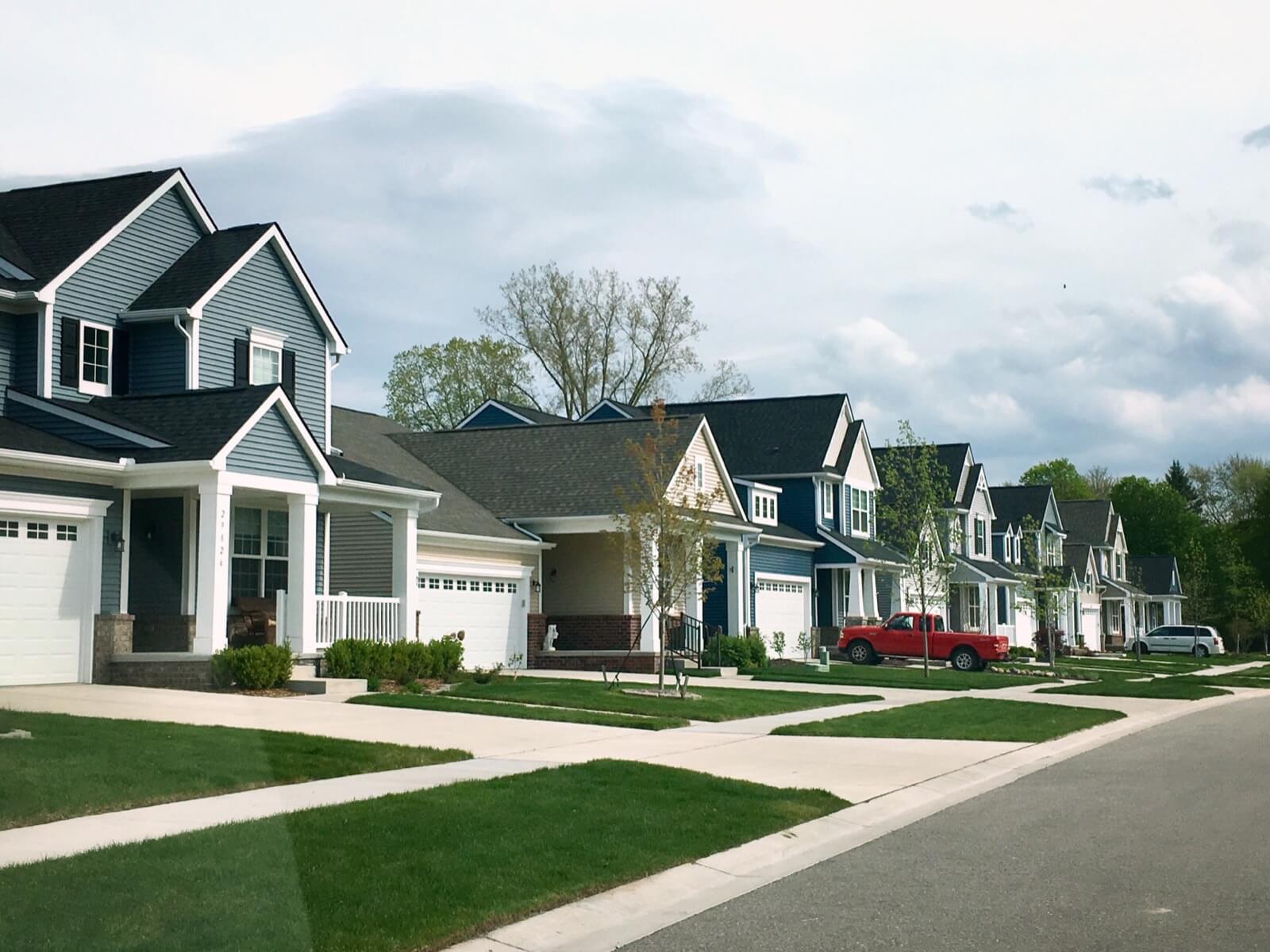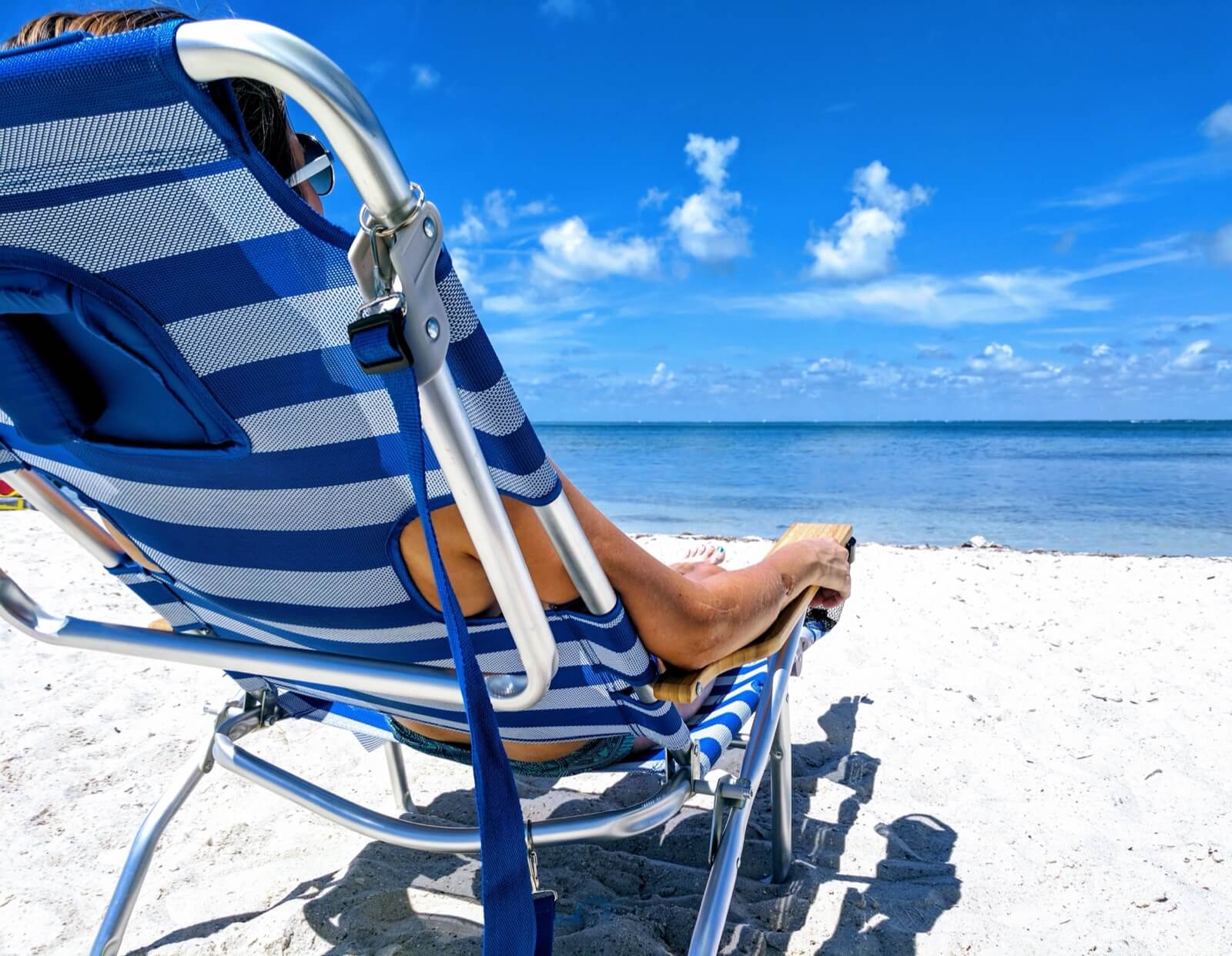Are you changing countries, cities, or maybe villages? Finding the best place to live and picking the right neighborhood is as crucial as choosing a house, a townhouse, a condominium unit, or an apartment. Moving is quite a big deal. But once you’ve narrowed it down to the city or suburb that you’ll be residing in, you’ll have to be sure of many things before settling down. There are several considerations you need to decide on:
1. Is the neighborhood safe? What is the crime rate in the area?
2. Is it affordable for you?
3. Is it accessible to modern conveniences like schools, supermarkets, hospitals, and more?
Perhaps, there are more questions you have in mind – that’s just normal in this kind of situation. However, it is a fact that when you’re buying a new home, choosing the neighborhood is just as important as the home choice itself.
The first thing to focus on is considering the pros and cons of the neighborhood and its surrounding areas. What factors are essential for you?
But everything all boils down to one question: What do you look for in a neighborhood?
Here’s a rundown of some tips you may want to know and the things you need to consider before you make that short-list.
Go for an expert’s advice.
When searching for a new home, you should consult with these professionals who will offer you the most brilliant advice: a mortgage expert and a real estate professional. They will evaluate your plans for the future in the hope of fulfilling your lifelong dream of having your own home. The best preparation is to meet and discuss with both experts and share your future goals so they can assist you and offer the most significant advice. A mortgage expert will give you a fair assessment of whether the project is feasible based on your lifestyle, income, and expenses. Plus, the real estate agent will present a listing of probable neighborhoods and advise you on general housing matters as you go along.
Ask yourself the right questions.
When choosing a neighborhood, check the most notable features of an area you prefer. For instance, what makes one community so unique to you? Remember you’re not considering your preferences only, including each one in your family and their needs.
Some sample questions:
• Do you prefer busy and active streets over quiet areas? What type of vibe do you like? For example, a downtown, or is it a suburban vibe? Or do you want a combination of both? How about a laid-back or out-of-town country setting?
• Do you like to walk to amenities and conveniences? Do you prefer areas that are nearby schools, coffee shops, or shopping malls? Which matters most to you? Do you like areas with shady trees and near public parks? What are the leisure activities that you and your family enjoy the most? Most new developments provide amenities to support your hobbies and recreation time, such as clubhouses, fitness centers, pools, nature and walking areas, tennis and basketball courts, etc.
• Do you want a tight-knit neighborhood or one that has anonymity between neighbors? What types of people do you look for in a neighbor – singles, families, professionals, retirees, or young couples? Or do you want a community with a good mix of all ages?
• Do you have a car for all family members to use, or do some of you have to commute and need public transport? Do you frequently travel (so you need to be near the airport)? Do you prefer riding in mass transit as a means of going to work? Do you have kids who like to walk to school?
• Do you like a new development or a much older community?
• Do you prefer a single-detached house, a two-story house, an apartment, a townhouse, or a condominium? Is the neighborhood made up of single-family homes, or are there high-rise buildings, too?
Focus on the neighborhood’s safety and comfort.
You and your family’s safety and comfort are always top priorities. But if you feel uneasy and unsafe in your new neighborhood, how can you enjoy your new home?
Before you move or live in an area, use online information like
City-Data.com, where you can check the property and violent crime rates at the ZIP code, municipal, or neighborhood levels anywhere in the US. The more prominent urban locations have more detailed crime reports, and the smaller areas may yield only general data. But it’s helpful if you try asking around or reading crime reports in the local papers. Note that various parts of the same town may be safer or riskier. You may also check the websites of your new city, suburb, or local law enforcement agency to confirm their good and bad areas.
When you visit a community or neighborhood to look for potential homes, check out the area’s signs for safety and stability:
• Are there homes that seem to be “for sale” or maybe in” foreclosure” conditions?
• Do you observe signs of vandalism or neglect like graffiti? Do houses have strong deterrents like high fences, bars on windows, and "Beware of Dog" signs?
• Are the houses and yards seem well-kept?
We suggest that you visit the area at different times of the day to have a glimpse and feel of the local life. Are the houses, the streets, and sidewalks around clean, well-maintained, and organized? Observe the surroundings. Are the people genuinely warm and cordial? If yes, chances are this could be a friendly neighborhood.
Neighborhood safety and stability are critical factors in choosing one’s neighborhood. For instance, as an area may have lower rents and house prices thus, it comes as cheaper, but there may be higher risks of theft and property damage (equal to higher home insurance and auto insurance rates). Worst, if you buy a home in such areas – it may not appreciate as much and as quickly as the houses in the other desirable nearby neighborhoods.
Look around for preferred amenities and recreation activities.
What do you look for in amenities – restaurants, bars, supermarkets, shopping centers, parks – and the list goes on. Families with young kids would perhaps do well to check a house near a playground, a school, or a leisure shop. Do you enjoy participating in community activities? Or are you more interested in art centers, sports centers, and libraries? If there are nightspots and bars close to the community, how noisy will it be on the weeknights? Consider that. A professional couple may want to live close to downtown. A retired couple will love the countryside. Seek a neighborhood that suits your lifestyle and needs.
Each city or neighborhood offers a different set of recreation activities which can be classified as follows:
• Nature: swimming pools, gardens, beaches, and parks;
• Indoor activities: museums, art galleries, theaters, and community centers;
• Fun festivals: concerts, sports events, fairs, live events;
• Winter activities: ice skating, skiing, snowboarding;
• Summer activities: cycling, sailing, hiking, swimming, kayaking, golfing.
Consider checking out websites, community bulletin boards, or local newspapers to find out what's currently going around the area and their future programs or events. Evaluate and see if these activities would tie up with your interests as well as your family’s preferences.
Find other significant information you may need.
For the rest, you need the following information to help you go through your short-listed neighborhoods more efficiently:
1. Education/Schools
Education is most likely the first factor you'd look at in a community when you have school-aged children. Start by checking information about the schools online that could be helpful. How does the school perform compared with other schools in a nearby community? How will your child get to school – walking, taking public transportation, or riding in a private car? Is walking to school safe? How far is the drive to the school from your house?
2. Transportation and Commute Time
Another significant deciding factor when searching for the right neighborhood is transportation. Regardless of how dependent you are on public transit, it is always good to live in a community with various public transport systems such as trains, buses, and the Metro, including accessibility to bike lanes.
One critical factor to weigh in is the time it will take to get you to work. Will that be going with the flow of the traffic or against it? Is the route you would have easy and quick to navigate? Perhaps, it’s better if you can try taking the way around to find out whether it's manageable, especially during rush traffic hours.
3. Property Taxes
Get data from your city or the real estate agent on the present tax rate and the trend on how it has increased over the last five years. Would there be an anticipated increase again? How soon would that be? Once you have the information, include that amount into your budget.
4. Housing’s Present Value
Know the current values of most houses in the neighborhood. Check out from your real estate agent how these prices compare with the average values five or ten years earlier and how much has the property increased? Has the neighborhood changed? Ask the real estate agent of any future developments. You may also go as far as checking on this subject from probable neighbors in the area of your choice.
5. Future Developments
You may want to check this data from the local Chamber of Commerce or the City Hall. If we talk about future developments, it can change an area or neighborhood, intensify traffic, and increase taxes. A good plan is to examine the location’s potential in the future and evaluate carefully if this outlook will suit you and your family best.
Our tips should be able to help you as you look for a safe, comfortable, and convenient neighborhood if you’re planning to move or build a new home.
We will help you go for that dream home in a
neighborhood that fits your family’s budget and lifestyle needs.





